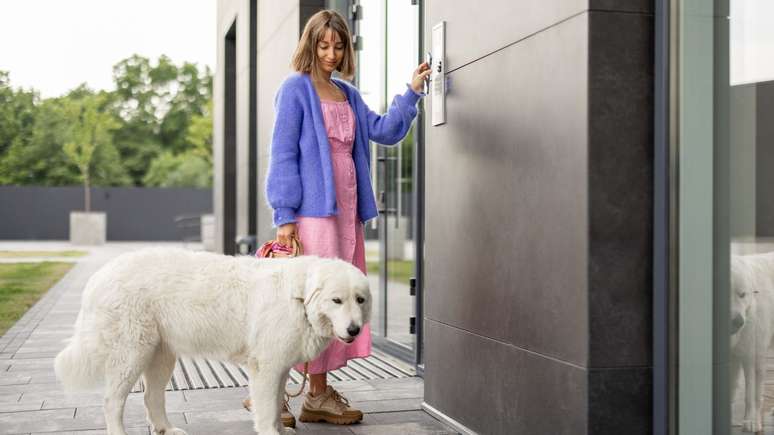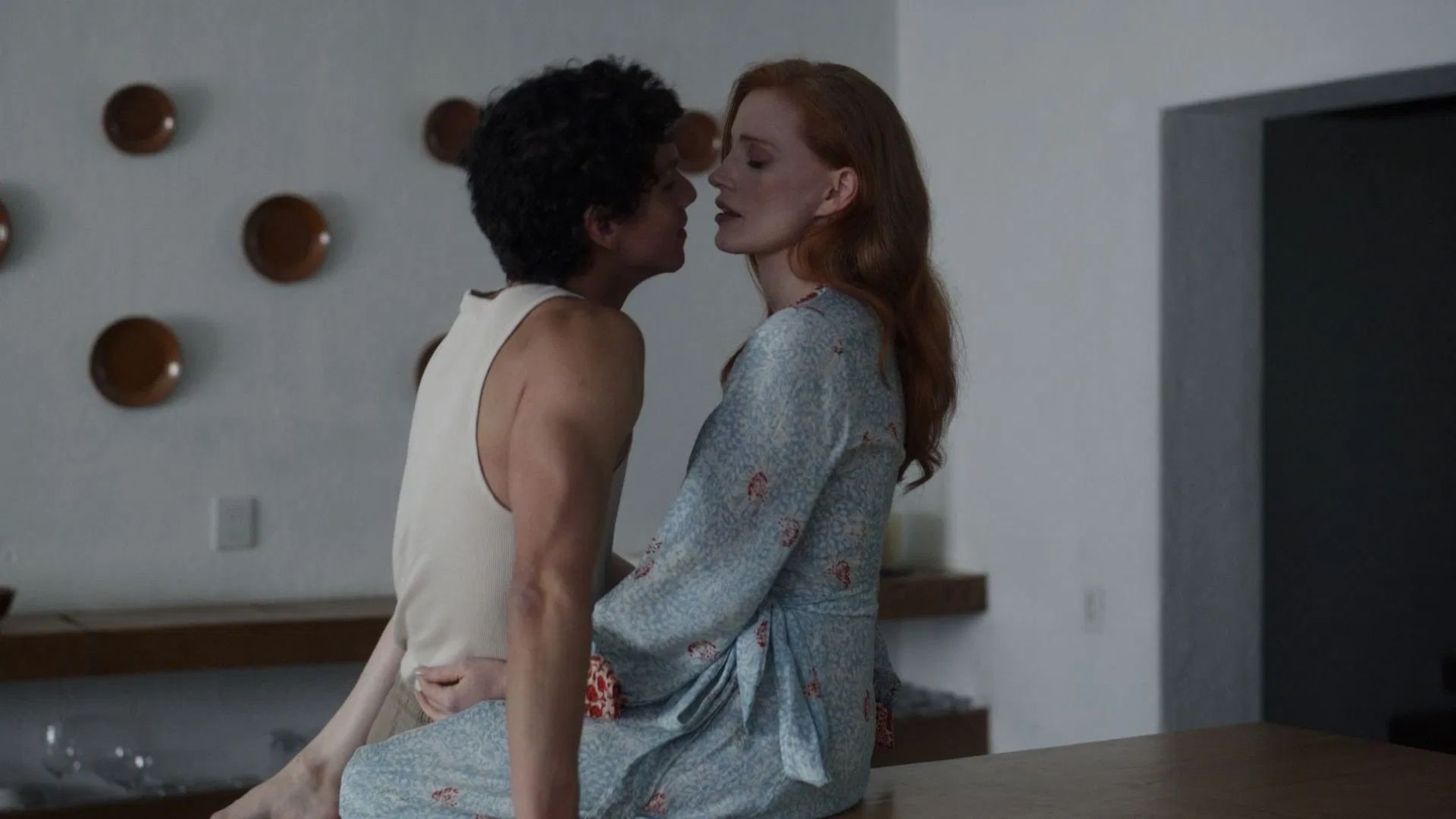Does the condominium have the power to prevent the presence of dogs in its apartments? Answer these and other questions
Many people who have or want to have dogs, but live in apartments, have several doubts about the rules to follow in this situation. After all, can the condominium prevent residents from having animals? What about the use of muzzles and/or collars?
Therefore, we invited Dr. Francisco de Assis Garcia, lawyer and professor of the Law course at the Centro Universitário de Jaguariúna (UniFAJ), to explain a little about the main doubts related to this topic. It is worth remembering that at the moment the new regulation of an entire chapter dedicated to animals in the new draft of the Civil Code is still being discussed in Congress.
See below which one main rules currently on dogs in apartments:
Ban on animals
According to Dr. Francisco, in general, the condominium cannot force people not to have animals. In Brazil, only the law can determine what should or should not be done (CF, art. 5, point II).
Remember, however, that the pet cannot pose a risk to health, survival or coexistence with other condominium owners.
Obligation to wear a collar, muzzle or hold the animal on your lap
Some condominiums stipulate that dogs living in apartments must always be kept on a leash, muzzled or in their owner’s arms when they are in common areas or in the elevator. The use of a guide collar and a muzzle may be recommended, according to the specialist, if the animal has unruly behavior or is of a breed that represents a danger.
Small animals with docile behavior cannot have this obligation, which in this case is contrary to the dignity of the animal and constitutes cruelty and the crime of mistreatment (art. 32 of Law no. 9.605/98 and art. 3, I of Decree no. 24.645/34).
“It is also important to clarify that the condominium cannot force the condominium owner to carry the animal in his lap, especially because this would represent a disproportionate obligation in the case of large dogs and in the case of condominium owners who cannot, for physical reasons, carry the dog,” adds Dr. Francisco. In theory, illegal imprisonment would also apply to this case (art. 146 of legislative decree no. 2,848/40).
Duties of guardians
As explained by the professional, animals cannot create interruptions to common life and, therefore, the following recommendations are usually listed:
- The owner must keep the animal close to the body, using a short leash so that it does not run away or attack people.
- It is not recommended to keep aggressive or dangerous animals, but in this case they must wear a muzzle while in the common areas of the facility.
- The owner is responsible for cleaning up any messes left by the pet in the common areas.
- Small children should not be allowed to walk the pet around the condominium, as they may lose control and both the actions of the child and the pet will be the responsibility of the adult who allowed such a situation.
- It is the guardian’s responsibility to prevent bad smells and annoying noises from coming from their apartment and causing discomfort to the neighbors.
- Animal maintenance means that, in addition to food and care, the animal’s health must be updated, and vaccinations and frequent care must be maintained under the supervision of a veterinarian.
Always follow common sense
Even if some aspects of living with dogs in an apartment are not established by law, common sense is necessary. You must have empathy for others and not cause something to others that you would not want done to you.
Source: Terra
Ben Stock is a lifestyle journalist and author at Gossipify. He writes about topics such as health, wellness, travel, food and home decor. He provides practical advice and inspiration to improve well-being, keeps readers up to date with latest lifestyle news and trends, known for his engaging writing style, in-depth analysis and unique perspectives.





![Un Si Grand Soleil preview: Monday, November 3, 2025 episode recap [SPOILERS] Un Si Grand Soleil preview: Monday, November 3, 2025 episode recap [SPOILERS]](https://fr.web.img3.acsta.net/img/17/57/1757f0d448751fda890a362e1b46194e.jpg)


